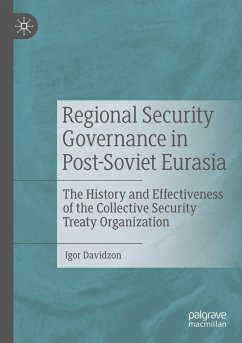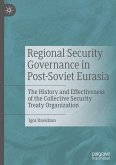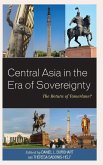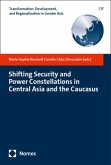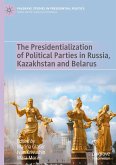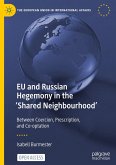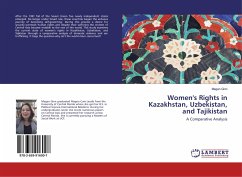This book explores post-Soviet Eurasian regional security governance, as embedded in the military alliance of Collective Security Treaty Organization (CSTO). CSTO was established in 2002 and consists of six post-Soviet countries: Russia, Belarus, Armenia, Tajikistan, Kazakhstan and Kyrgyzstan. Moving studies of regional security governance beyond the so-called Eurocentrism trend expressed, inter alia, via the focus on Western military alliance, such as NATO, this book examines CSTO as a new, post-Soviet form of regional security cooperation by looking at the reasons and drivers behind the establishment of the post-Soviet Eurasian security governance; the organization's institutional design; the military capabilities of its member states; the degree of the members' integration within the alliance; the cooperation pattern adopted by CSTO members; as well as the effect and effectiveness of this military alliance.
Bitte wählen Sie Ihr Anliegen aus.
Rechnungen
Retourenschein anfordern
Bestellstatus
Storno

